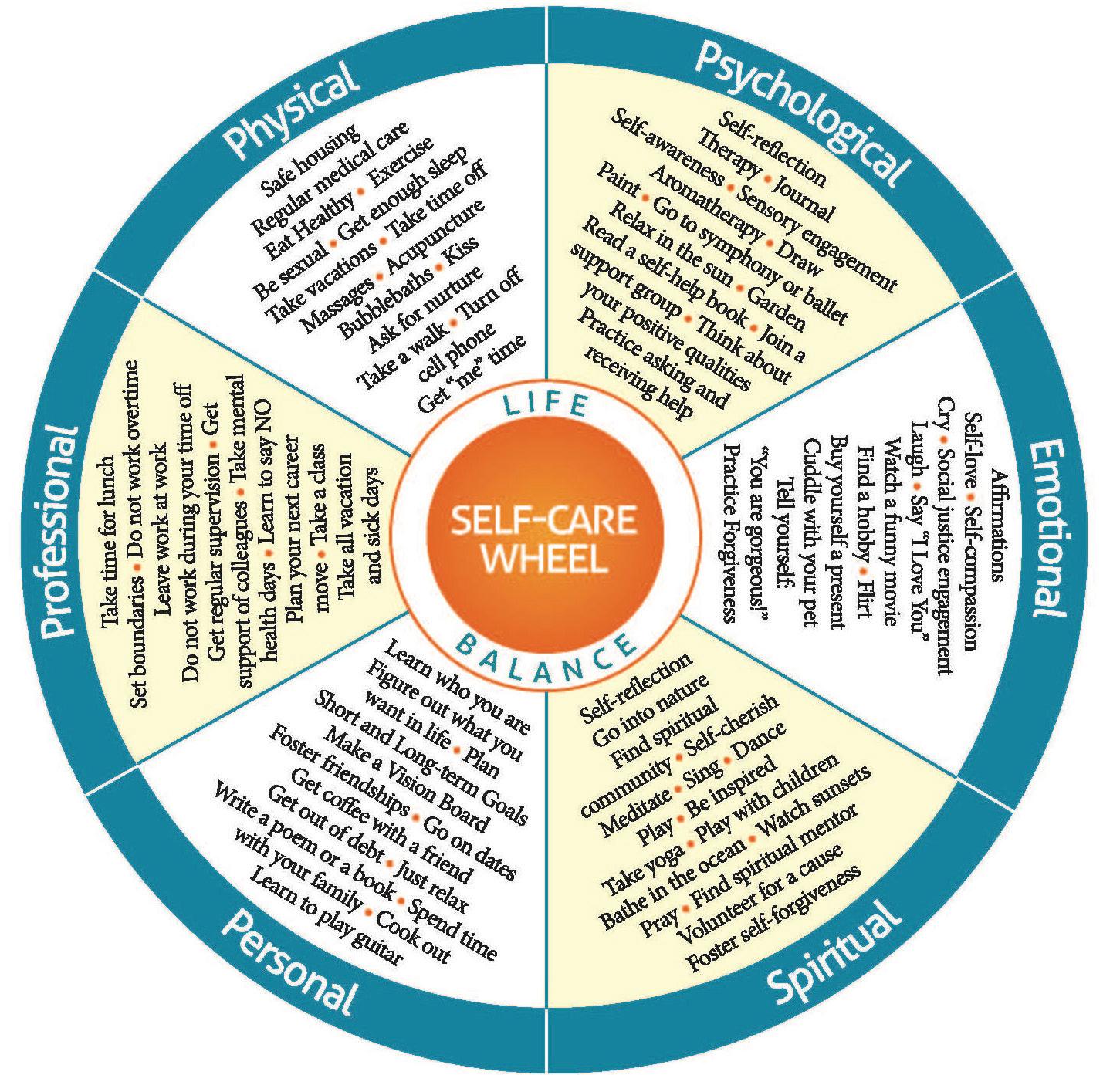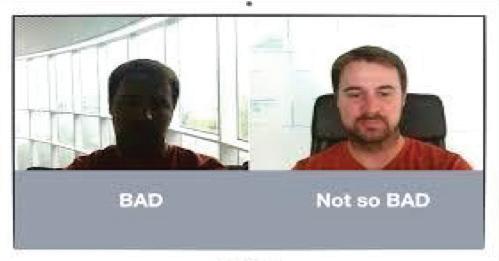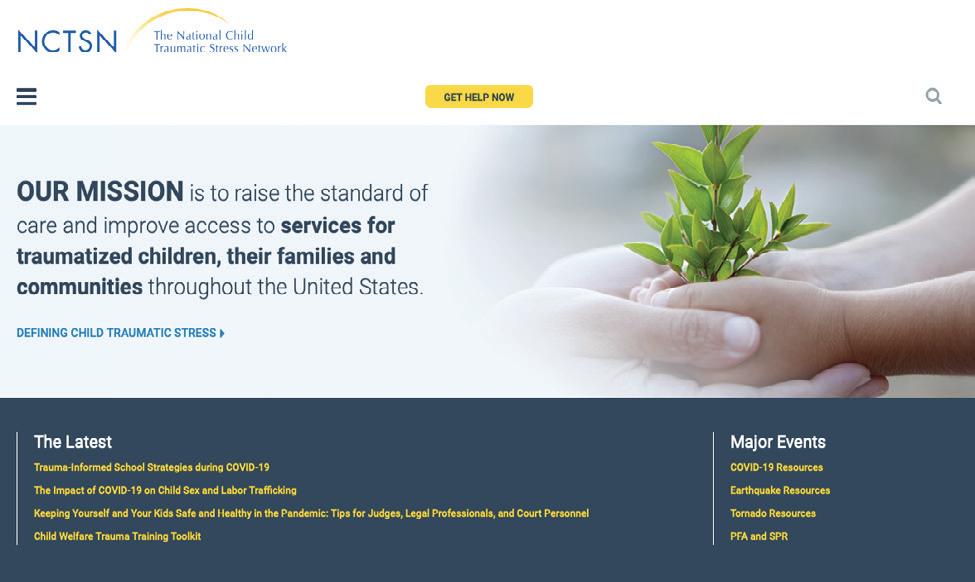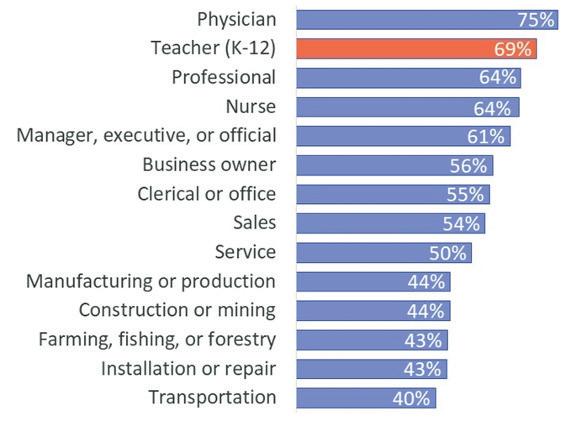Amanda Holder Associate Director of Selection, KIPP New Jersey
J
ob hunting can be nerve-wracking–I totally get it. It’s incredibly highstakes: most people need to work to support themselves and their families. We spend so much time at school that it’s really important it’s a good fit for us. In my experience, the most challenging part of job hunting is the waiting game after the interview is over; you’ve done everything you can and now you’re just waiting to hear back. That’s when the nerves start to creep in. Hiring processes often take longer than candidates would like, and as time goes on, waiting to hear back about a job becomes more and more stressful. Prior to transitioning to education recruitment for KIPP New Jersey in Camden, I was a teacher and have certainly experienced the anxiety associated with waiting to hear back about a job. As a recruiter, I’ve learned a ton of “insider info” that would have helped alleviate some of my past stress around job hunting. Check out these FAQs for some information that could help alleviate some of your stress.
FAQ: A recruiter told me they "need more time" to get back to me with a decision. What does that mean? It could mean a lot of different things:
• The school is waiting for some budget information; • The teaching role may not be open or staffing plans are still being finalized; • An emergency (unrelated to your process) came up–schools have so many moving parts; • Another teaching candidate came along last minute; • The principal hasn't been able to get in touch with your references yet. Interview processes can be long, but often delays don't have anything to do with the candidate at all.
FAQ: What is a polite way to follow up with a recruiter about a job if I haven’t heard back? It may feel awkward, but it's okay to follow up as long as you’re intentional about it. Tips •
If the job is still posted after you interview for it, I've learned that the timing of removing a job posting doesn't actually mean much. In some cases, they will remove the job posting once they have an appropriate candidate pool for the role. Other times, it will be posted until an offer is signed. There isn't really a formula here, so I'd recommend not reading too much into it.
•
If they give you a time frame, wait until close to the end of that time. Ex) If they say you'll hear about next steps by the end of the school week, wait until midday on Friday to follow up.
•
Don't be accusatory. Saying, "You said I'd hear by Monday, and I didn't hear from you and now it's Tuesday," isn't going to make you any friends.
•
There's no need to be overly apologetic. "I'm so sorry to bother you..." - you're not bothering them. It's their job. Keep it short and sweet. Here's a great template:
Hi Recruiter, I just wanted to check in and see if you had an update about the next steps for the teaching position. Please let me know if you need anything else from me.
Alternatives to Traditional Public School Teaching Phyl Naffziger Career Counselor (retired), Northern Illinois University, Illinois
D
uring our educator job fair, I was amazed at the number of candidates who were eliminating phenomenal opportunities because of their lack of research. When asked if they had talked to the charter schools, their most common response was, "What is a charter school?" At that point, I recognized the need to define public, parochial, charter and magnet schools. Let's start with the easy one first.
Exploring Employment Options
Insider Tips to Help Manage Stress While Waiting to Hear About a Teaching Opportunity
Public school: a tuition-free school in the United States supported by taxes, controlled by a school board, and run by certified teachers and administrators. Students attend a school in an established school district zone. Parochial school: a school supported by a religious body, emphasizing a religious curriculum along with a secular curriculum that is very similar to that of public schools. Students pay tuition to attend and teachers may or may not be certified. Magnet school: a public elementary or secondary school separate
from traditional public schools. Magnet schools offer specialized academic focuses or themes, known as magnet programs. Some magnet schools are established by school districts and draw only from the district, while others are set up by the state government and may draw from multiple districts. Magnet schools are typically established in urban school districts with large enrollments (over 10,000 students). School districts establish admission processes which may include an examination, interview and/or audition. They may use a lottery system or rely upon a first-come, first-served basis to determine admission. Demand is usually greater than seats in the classroom. Magnet schools are financed using tax dollars; federal funding under the Magnet Schools Assistance Program (MSAP) is also available. Schools are staffed by certified teachers and administrators.
Charter school: a nonsectarian tax-supported public school of choice that operates with freedom from many of the regulations that apply to traditional public schools. The "charter" establishing each school is a performance contract detailing the mission, program, goals, students served, methods of assessment, and ways to measure success. Charter schools are accountable to their sponsor - usually a state or local school board - to produce positive academic results and adhere to the charter contract. These state-legislated schools are legally independent, innovative, outcome-based public schools. The goal is to improve student competence and knowledge in diverse subjects, rather than to merely record attendance and effort at learning. The schools must still meet state testing and report card mandates. Charter schools are intended to be educational experimentation labs in the areas of innovation and development of new teaching and learning strategies that can be imported into traditional public schools. Schools are staffed by certified teachers and administrators. The key difference between charter and magnet schools is that magnet schools require an examination or evidence of special skills before students can be considered for admission. Charter schools require no admission examination. Students wanting to increase their employment options would do well to consider diverse teaching venues and to recognize that there are opportunities outside the traditional public school classroom.
Take Care, Candidate
77 American Association for Employment in Education































